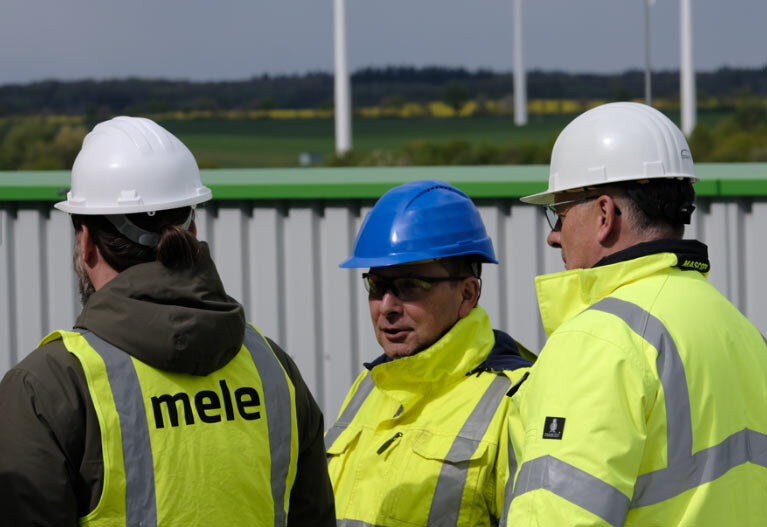Climate change and the Covid pandemic have made us acutely aware of the consequences of dependence on gas imports. In view of the high prices for electricity, fertilizers and fuels, we are facing major challenges. But agriculture has the potential to be part of the solution. With its extensive land holdings and significant market share, it can make a significant contribution to energy systems.
In particular, farms that have access to biomass such as manure hold potential for the production of biogas and its conversion into electricity through combined heat and power (CHP) plants. In addition, agriculture can contribute to reducing greenhouse gases by making material flows more efficient.
The installation of photovoltaic and wind power plants on agricultural land opens up further opportunities for sustainable energy production. Small farms face the challenge of improving their energy production and storage.












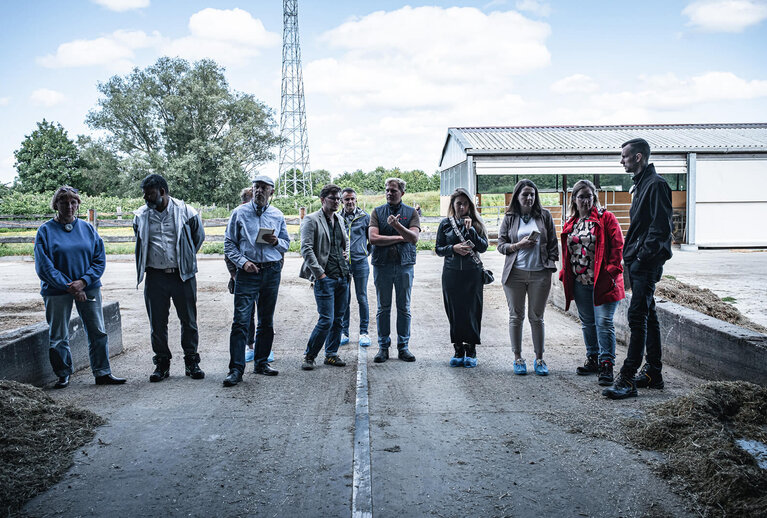

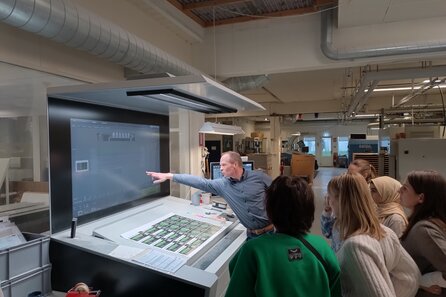
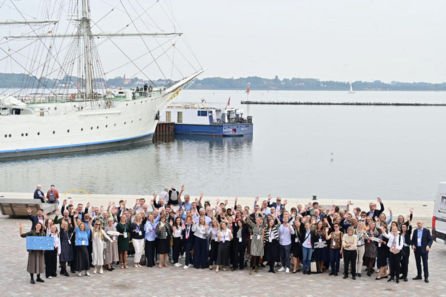
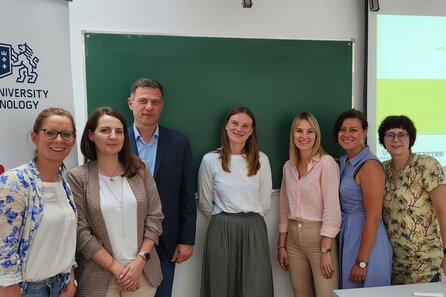
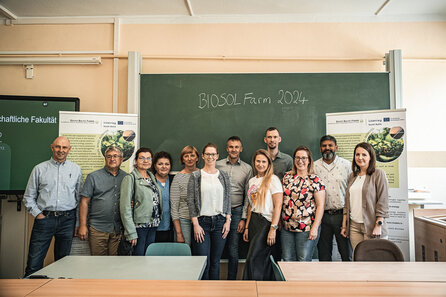

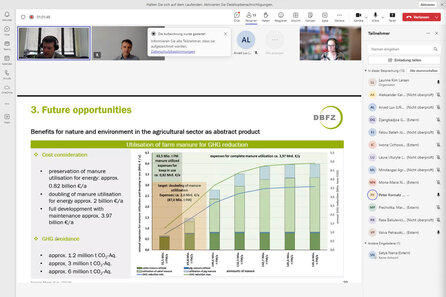
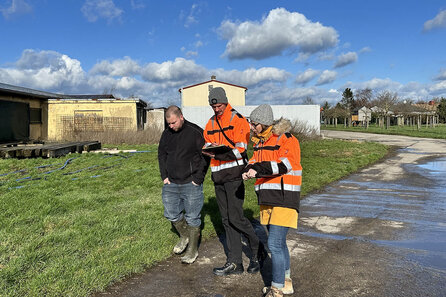
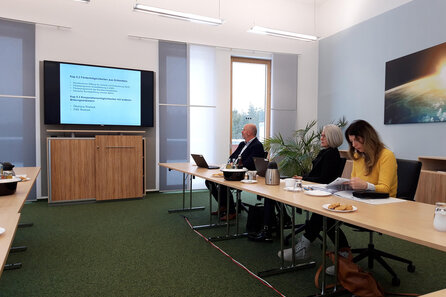
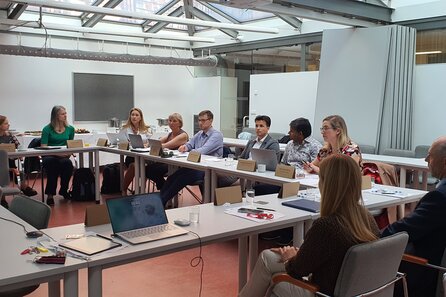
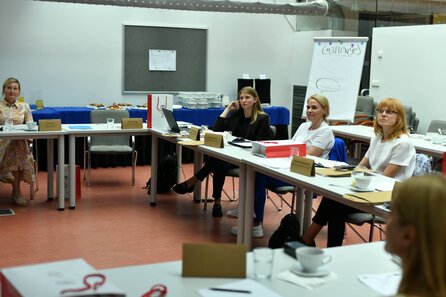

![[Translate to English:] Environmental education on behalf of the Mecklenburg Lake District Environmental Agency](/fileadmin/_processed_/7/3/csm_UB_MSE_F%C3%B6rderlogo-1_4493afb8d0.jpg)
